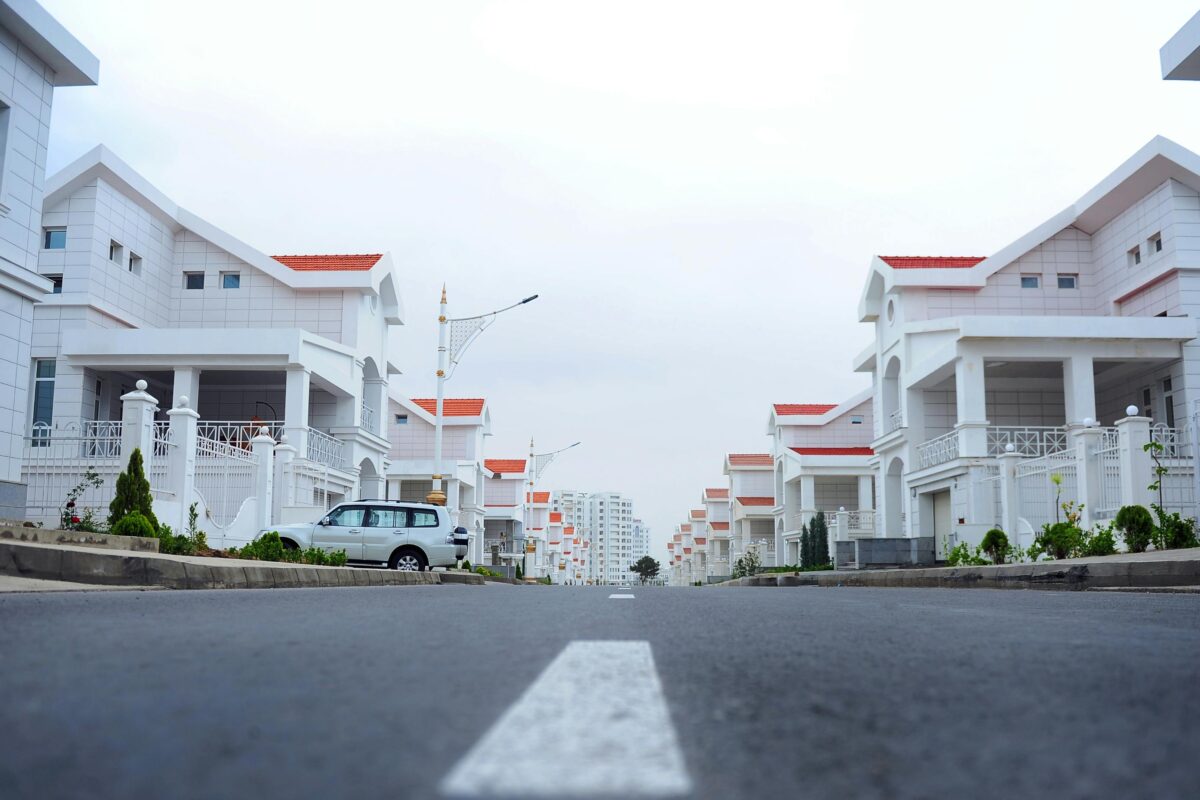Vietnam’s positive economic growth in 2024, coupled with solutions to improve infrastructure, social security, and state governance, has created momentum for the recovery of the real estate market in 2025. The market size is expected to reach USD 45.62 billion by 2029.
In 2025, three key market segments are expected to drive strong growth and investment: apartments, social housing, and industrial real estate. Apartments remain the leading segment, with the majority of transactions concentrated in Ho Chi Minh City and Hanoi.

The National Assembly and the Government of Vietnam have introduced several policies and legal frameworks to support the development of the real estate market. These include the Law on Real Estate Business, the Housing Law, the Land Law, and related guiding documents.
For instance, the Housing Law 2023 (effective August 1, 2024) establishes a legal foundation for recognizing individual ownership of mini-apartments through the issuance of ownership certificates, as well as permitting their sale, lease, or rental. Additionally, the law clarifies that while apartment buildings do not have an ownership period but rather a usage period, apartment owners and buyers can feel more secure in their transactions. When an apartment building reaches the end of its lifespan and faces demolition due to structural risks, while the value of the property itself may be lost, the land-use rights remain stable, ensuring a basis for compensation.
To address urgent demands for social housing, the Government has issued key policies, including:
- Decision No. 338/QD-TTg: Approving the construction of at least one million social housing units for low-income individuals and industrial park workers (2021–2030).
- Directive No. 34-CT/TW: Strengthening the Party’s leadership in social housing development.
- Decision No. 927/QD-TTg: Outlining the strategy for developing social housing under new circumstances.
The Housing Law 2023 introduces several amendments and new regulations, such as (i) expanding the eligibility criteria for social housing buyers; (ii) revising principles for selling, leasing, and hire-purchasing social housing; (iii) allocating land funds for social housing within commercial housing projects; or (iv) providing incentives on land use fees and rental costs for social housing investors.
The Law on Real Estate Business 2023 (effective August 1, 2024) introduces new measures to enhance transaction safety. Notable provisions include:
- Restricting deposits to a maximum of 5% of the selling price for future housing or construction projects.
- Reducing prepayment requirements for leasing future housing.
- Creating a more competitive environment by allowing individual investors to engage in small-scale real estate businesses without establishing a company while tightening regulations on real estate brokerage services.
The Land Law 2024 (effective August 1, 2024) features a significant reform: the removal of the land price framework and the introduction of a new Land Price List, which will take effect on January 1, 2026. Until then, the existing Land Price List will remain in force until December 31, 2025. If necessary, provinces and cities may adjust their land prices under the new regulations to align with actual market conditions. Land price determination must strictly adhere to market-based principles.
The introduction of these legal regulations is expected to boost investor confidence and create renewed excitement in Vietnam’s real estate market, particularly in late 2024 and throughout 2025.
______________________
Should you have any inquiries, please do not hesitate to contact us.
𝟏𝟗𝟖𝟗 𝐋𝐀𝐖
Website: 1989law.vn
Hotline: (+84) 945.45.45.11
Address: No. 207C Nguyen Xi, Ward 26, Binh Thanh District, Ho Chi Minh City, Vietnam
